Stricter rules announced for H-1B visas and Green Card applicants
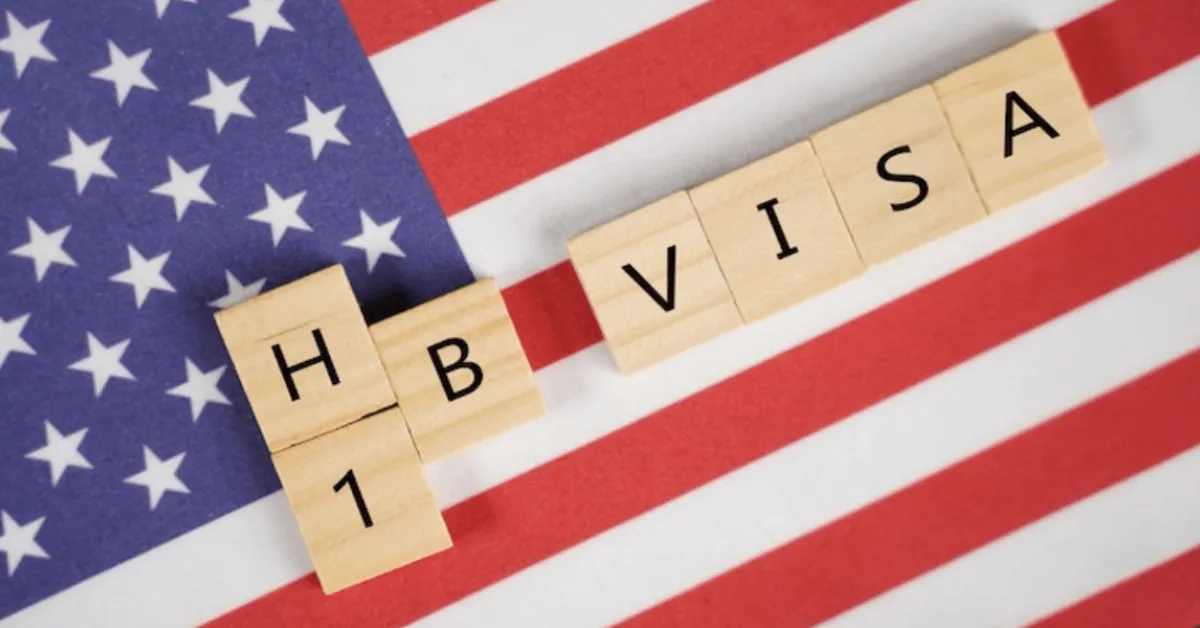
The US government is introducing a series of legal and procedural changes that will make it more difficult for foreign nationals to obtain or retain legal immigration status, including work visas, student permits, and permanent residency.
The changes include a proposed revision of the H-1B visa programme, which allows US companies to hire skilled foreign workers. Under the new system, visa selection will prioritise applicants with higher proposed salaries, with the aim of favouring domestic workers and reducing wage undercutting. Critics warn the shift could disadvantage younger professionals and smaller businesses that cannot offer high salaries.
Lawful permanent residents are facing increased scrutiny as well. The Department of Justice is expanding investigations into naturalised citizens, with some cases leading to the revocation of citizenship on grounds such as fraud or tax-related issues. Applicants for naturalisation are now required to undergo neighbourhood-level checks, including character references from employers, neighbours, and associates. Spousal interviews, both within the US and abroad, have also become more detailed.
The government is also ending the ‘Dropbox’ visa interview waiver for most categories. Previously available to children, elderly applicants, and professionals on H-1B and L-1 visas, the waiver allowed for visa renewals without in-person interviews. Starting in September, most applicants must appear at consulates, increasing both logistical and financial burdens.
International students are experiencing tighter restrictions. A proposed policy would replace the current “duration of status” model with fixed-term stays, limiting the time students may remain in the US. Visa applicants are now required to make their social media accounts publicly accessible for identity checks. The student visa rejection rate has risen sharply, reaching 41% last fiscal year, with changes in study plans or family ties in the US being treated as possible risk factors.
The Optional Practical Training (OPT) programme, which allows international graduates to work in the US for up to three years, is facing potential cancellation. A bill currently in Congress, the Fairness for High-Skilled Americans Act of 2025, seeks to eliminate the programme, citing its impact on US employment. Although the bill’s outcome remains uncertain, it reflects growing concerns about foreign labour in post-study employment.
Additional fees are also being introduced. Beyond standard visa processing charges, two new fees, the Visa Integrity Fee and a fee for the I-94 Arrival/Departure Record, will be implemented by the end of September. These measures are expected to raise the overall cost of entering or remaining in the US.


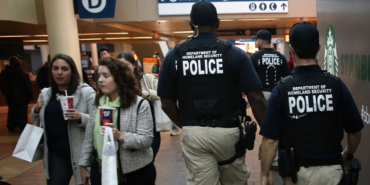

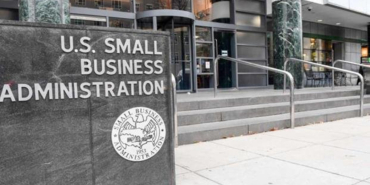
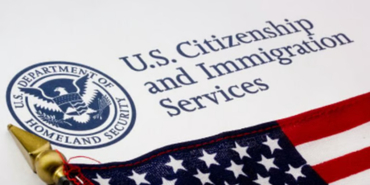
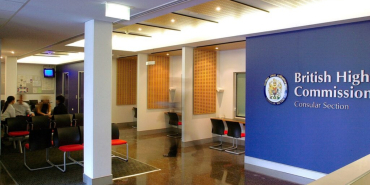
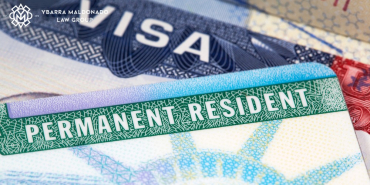

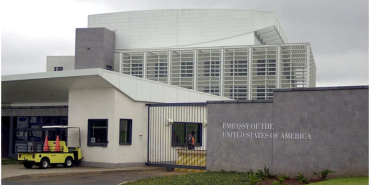




Add new comment